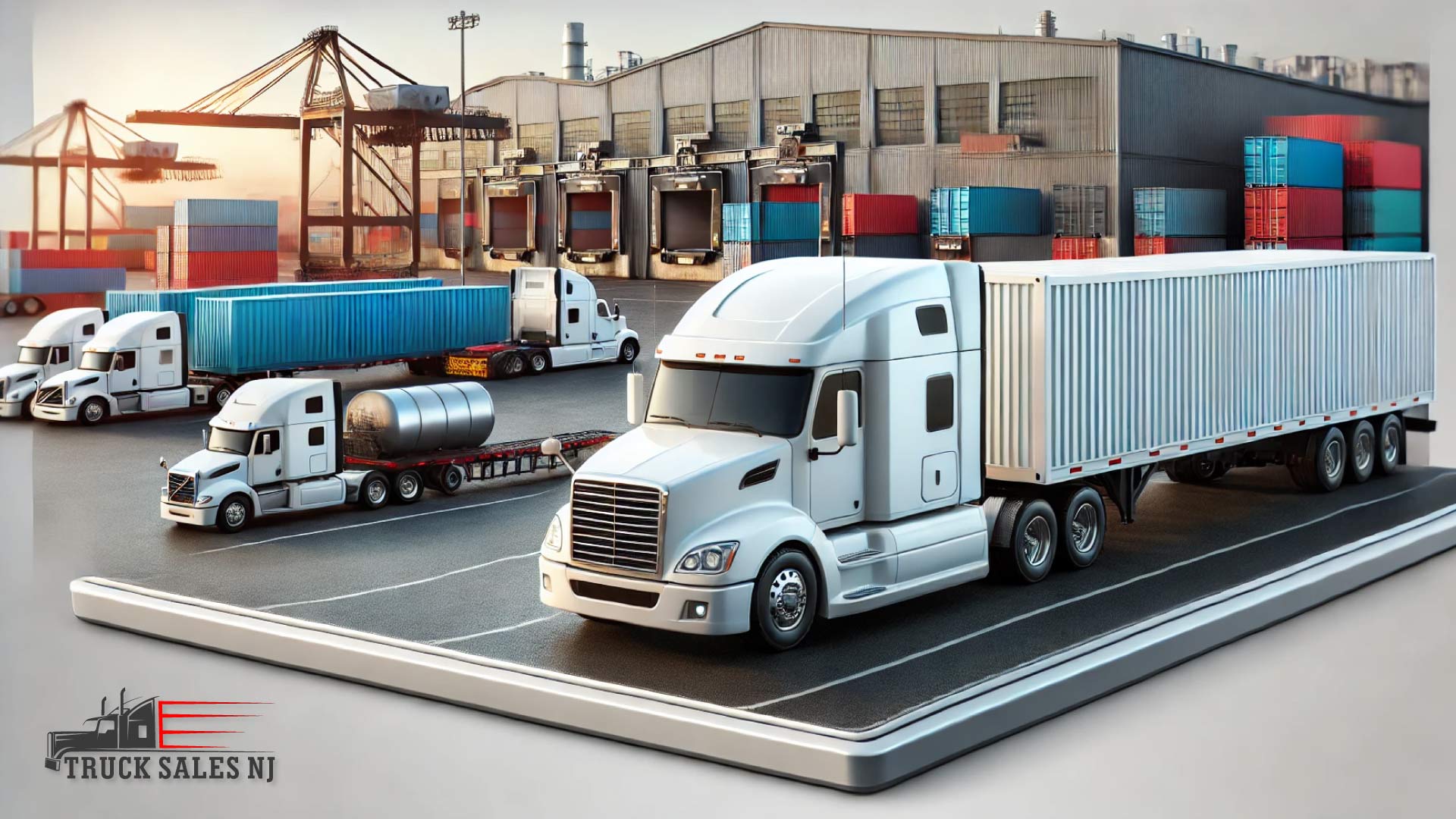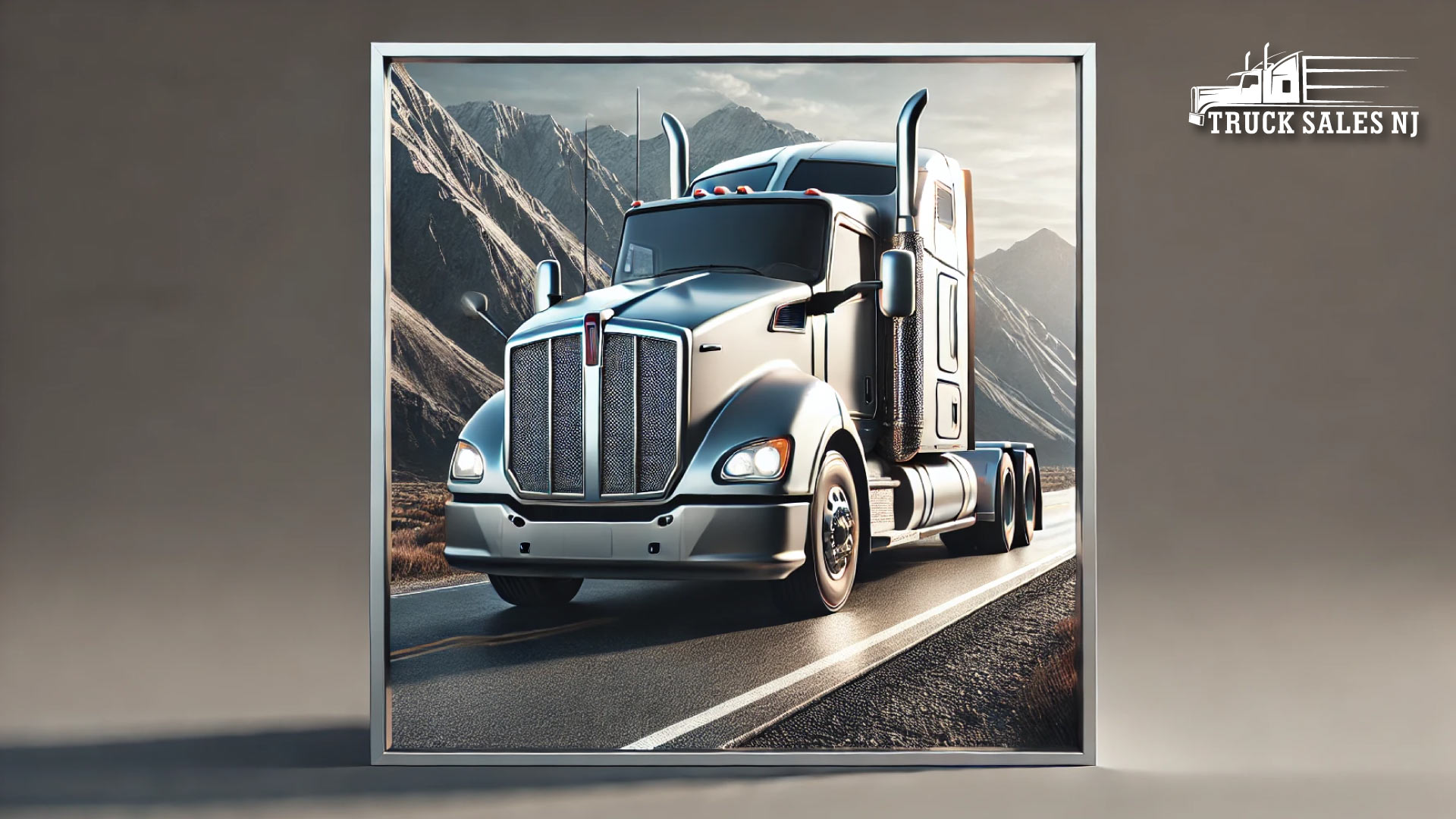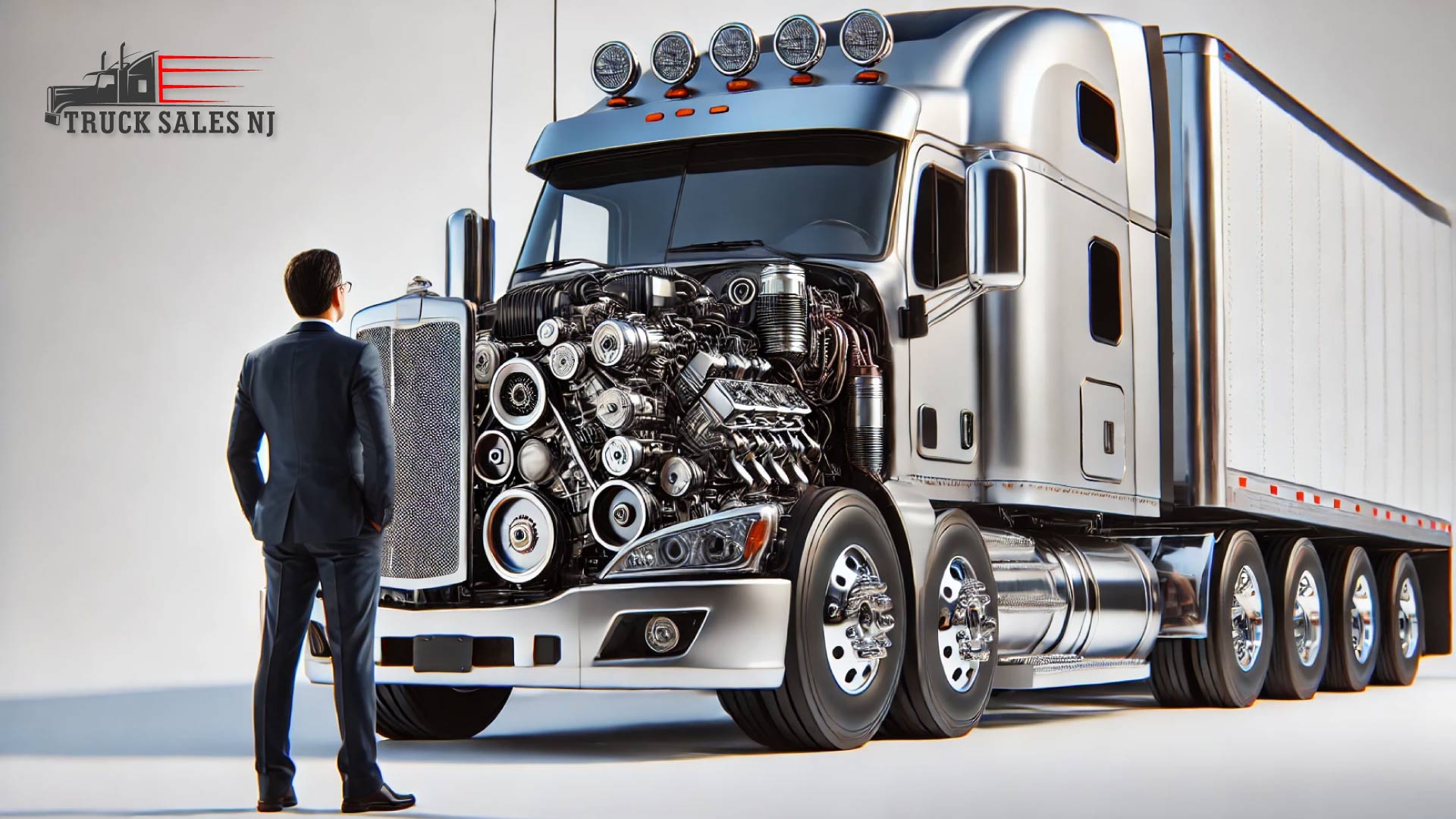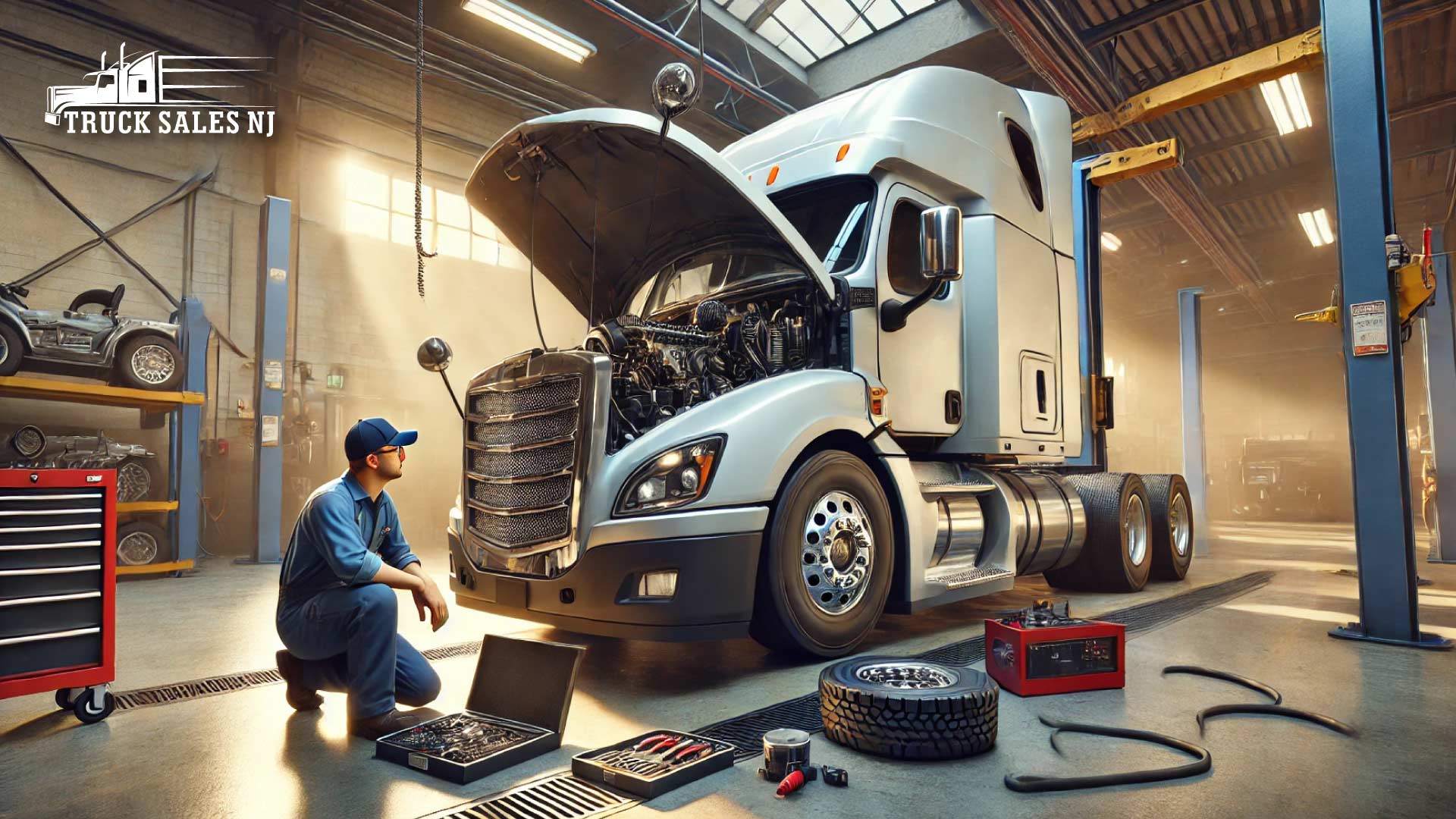The trucking industry is governed by a comprehensive set of laws and regulations, designed to ensure the safety of both truck drivers and the general public. For truck owners operating in New Jersey, understanding and adhering to these laws is not just a requirement, but a responsibility. In this blog post, we at Truck Sales NJ aim to provide an essential update on New Jersey trucking laws, helping you stay compliant and safe on the road.
Commercial Driver’s License (CDL) Requirements
In New Jersey, as in all U.S. states, truck drivers must possess a valid Commercial Driver’s License (CDL) to operate commercial motor vehicles. Depending on the type of truck and cargo, different classes of CDLs (Class A, B, or C) are required. Obtaining a CDL involves passing both a written knowledge test and a skills test, including a pre-trip vehicle inspection, a basic controls test, and a driving test.
Hours of Service Regulations
These regulations limit the number of consecutive hours a truck driver can work to prevent fatigue-related accidents. Generally, drivers carrying goods may drive a maximum of 11 hours after 10 consecutive hours off duty. However, there are exceptions and additional rules that must be considered, such as the 14-hour driving window and the 60/70-hour duty limit.
Vehicle Weight Regulations
New Jersey follows federal guidelines for vehicle weight. The weight limits depend on several factors, including the number of axles on a vehicle and the distance between them. Overweight vehicles may cause damage to roads and bridges and can pose a safety hazard. Penalties for violating weight restrictions can be severe, so it’s crucial to be aware of the limits and check your vehicle’s weight.
Inspection and Maintenance Requirements
Truck owners are required to regularly inspect their vehicles and perform necessary maintenance to ensure safety. In New Jersey, commercial vehicles must pass an annual state safety inspection. The inspection covers various vehicle components, including brakes, steering, lights, mirrors, and tires.
Cargo Securement Rules
Proper cargo securement is crucial to prevent shifting or falling cargo that can cause accidents. In New Jersey, truck owners must adhere to the Federal Motor Carrier Safety Administration (FMCSA) regulations for cargo securement, which detail the acceptable methods and devices for securing different types of cargo.
At Truck Sales NJ, we believe that staying updated with the latest trucking laws is an integral part of being a responsible truck owner. These regulations are designed to keep you and other road users safe, and non-compliance can lead to hefty fines, loss of your CDL, or even worse, accidents and injuries. We encourage all truck owners and drivers to familiarize themselves with these laws and adhere to them strictly.
Remember, safe and compliant driving is not just about avoiding penalties; it’s about ensuring the wellbeing of you and everyone else on the road. Safe trucking!

